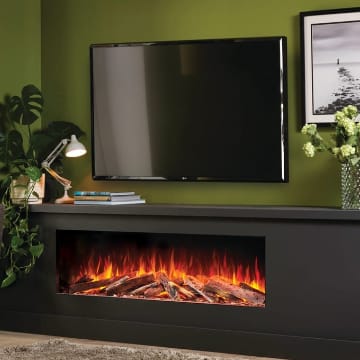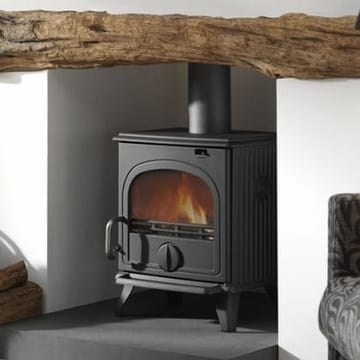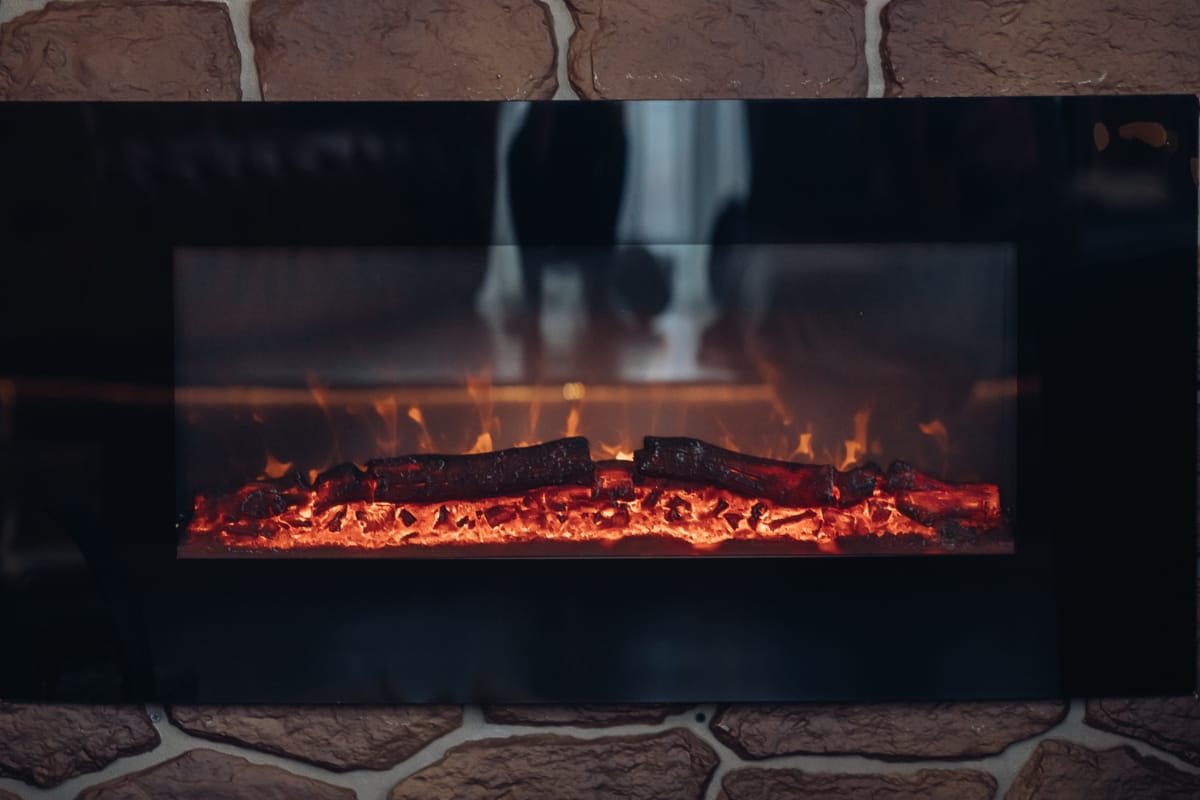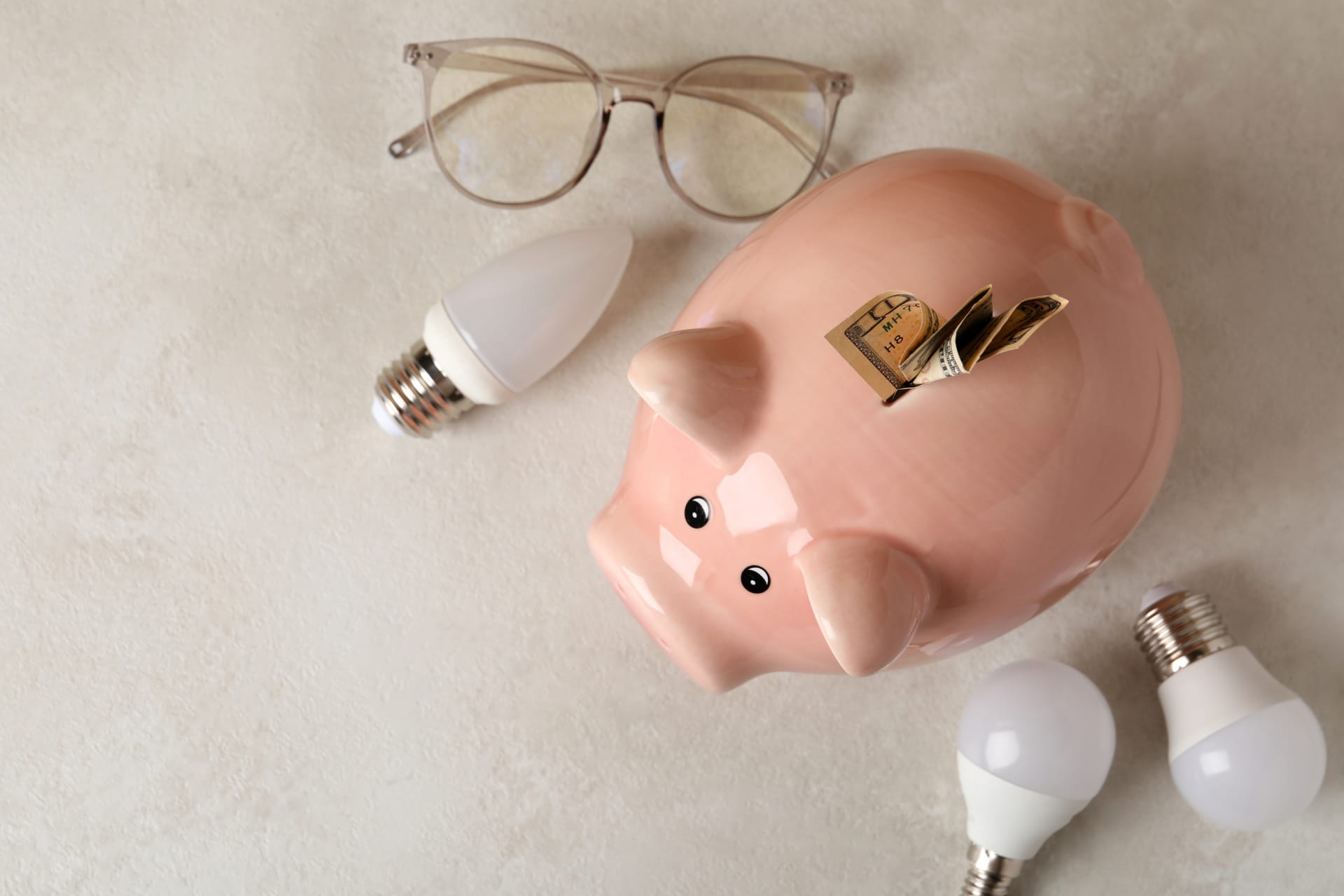
The Pros And Cons Of Using Electricity To Heat Your Home
Electricity is a convenient and efficient way to heat your home. However, there are some pros and cons to consider before making the switch.
Pros of Using Electricity to Heat Your Home
- Convenience: Electric heating systems are easy to use and maintain. You can simply turn them on and off as needed.
- Efficiency: Electric heating systems are very efficient, meaning that they convert a large percentage of the electricity they use into heat.
- Cost-effectiveness: Electric heating systems can be a cost-effective way to heat your home, especially if you use a programmable thermostat to regulate the temperature.
- Environmentally friendly: Electric heating systems are a clean source of energy. They do not produce any emissions from the location they are based in, so they are a good choice for homes that want to reduce their environmental impact.
Cons of Using Electricity to Heat Your Home
- Cost: Electric heating systems can be expensive to install and maintain.
- Reliability: The power grid is not always reliable, so there is a risk that you could lose power during a storm or other outage.
- Environmental impact: The mining and processing of fossil fuels used to generate electricity can have a negative impact on the environment, the storage of nuclear waste could also have a negative impact in the future if we are unable to find a use for it. Wind, water and solar energy is still only a small part of creating electric energy.
- Noise Electric heating systems can product some noise, which may be a nuisance for some people.
There are both pros and cons to using electricity to heat your home. You will need to weigh the pros and cons carefully before making a decision. If you are looking for a convenient, efficient, and cost-effective way to heat your home, electric heating may be a good option for you. However, if you are concerned about the environmental impact of electricity or the reliability of the power grid, you may want to consider other options.
The best source of energy for heating a home is the one that is most efficient and cost-effective for your specific needs. There are a variety of factors to consider when making this decision, such as the climate you live in, the size of your home, and your budget.
Here are a few things to keep in mind when choosing a source of energy for heating your home:
- Climate. If you live in a cold climate, you will need a source of energy that can provide enough heat to keep your home comfortable.
- Size of your home. If you have a large home, you will need a source of energy that can provide enough heat to keep all of the rooms comfortable.
- Budget. Some sources of energy are more expensive than others. You will need to choose a source of energy that fits your budget.
Here are a few of the most popular sources of energy for heating homes:
- Heating oil. Heating oil is a fossil fuel that is burned to produce heat. It is a relatively efficient source of energy, but it can be expensive. Heating oil is often used by people living out in the country because there are no gas lines to connect to. It is cheaper than electric but more expensive than gas.
- Natural gas. Natural gas is another fossil fuel that is burned to produce heat. It is a more efficient source of energy than heating oil, and it is also less expensive. This isn't an option if the gas mainlines have not been run out to your area, new builds and out of town homes won't have this option. Natural gas is an option the government is trying to move away from.
- Electricity. Electricity can be used to heat homes with electric furnaces or heat pumps. Electric furnaces are 100% efficient, but they can be expensive to run. Heat pumps are more efficient than electric furnaces, and they can also be used to cool homes in the summer.
- Solar panels. Solar panels can be used to generate electricity that can be used to heat homes. Solar panels are a renewable source of energy, and they can save you money on your energy bills. If you work from home, or plan to stay in your home for over 10 years, you will save money over a long period of time.
The best source of energy for heating your home will depend on your individual needs and preferences. Consider the climate you live in, the size of your home, and your budget when making your decision.
Electricity: A Versatile Energy Source for Heating and Cooling
Electricity is a versatile energy source that can be used for heating and cooling homes. There are two main types of electric heating systems: electric furnaces and heat pumps.
Electric Furnaces
Electric furnaces are 100% efficient, meaning that they convert all of the electricity they use into heat. They are a good option for homes that are already equipped with electric wiring. However, electric furnaces can be expensive to run, especially during the winter months when energy costs are higher.
Heat Pumps
Heat pumps are more efficient than electric furnaces. They can also be used to cool homes in the summer. Heat pumps work by transferring heat from one place to another. In the winter, they move heat from the outside air to the inside of the home. In the summer, they move heat from the inside of the home to the outside air.
Heat pumps are a good option for homes that are not already equipped with electric wiring. They are also a good option for homes that want to save money on their energy bills.
The Benefits of Using Electricity to Heat and Cool Your Home
There are several benefits to using electricity to heat and cool your home.
- Electricity is a clean source of energy. Electricity does not produce any emissions, so it is a good choice for homes that want to reduce their environmental impact.
- Electricity is a reliable source of energy. The power grid is designed to provide a steady stream of electricity, so you can be sure that your home will be heated or cooled even during bad weather.
- Electricity is a flexible source of energy. You can use it to heat and cool your home at different times of the day or year.
- Electricity is a cost-effective source of energy. The cost of electricity is relatively low, so you can save money on your energy bills by using it to heat and cool your home.
The Drawbacks of Using Electricity to Heat and Cool Your Home
There are also some drawbacks to using electricity to heat and cool your home.
- Electricity can be expensive to run. The cost of electricity can vary depending on your location and the time of year.
- Electricity can be difficult to store. You cannot store electricity for long periods of time, so you will need to have a reliable source of electricity available at all times.
- Electricity can be dangerous. Electric wiring can pose a fire hazard if it is not properly installed or maintained.
Electricity is a versatile energy source that can be used for heating and cooling homes. There are both benefits and drawbacks to using electricity to heat and cool your home. You will need to weigh the pros and cons carefully before making a decision.




